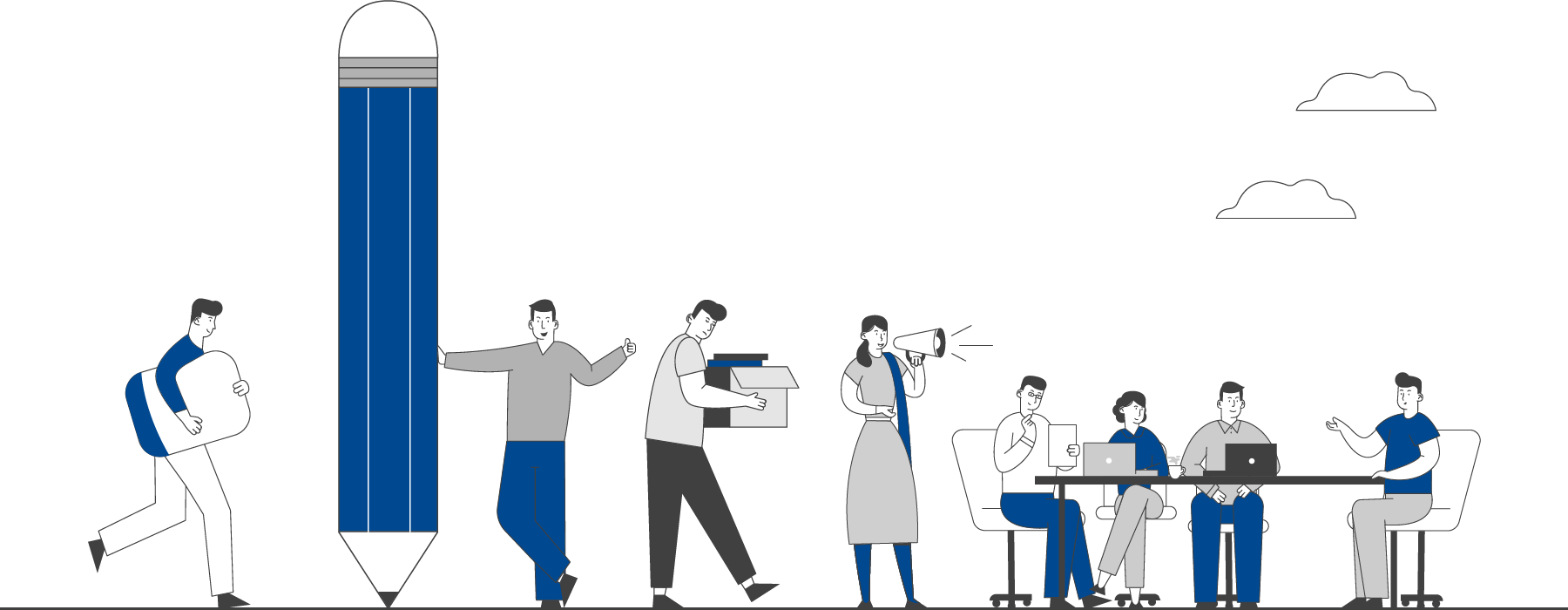

This section hosts guidelines, manuals and toolkits to strengthen public health practice.
Resources
FILTER
BY CATEGORY
View All
About Gender and Equity Network South Asia (GENSA)
24 May 2022by Prabha Kumari, Learning4impact 10 MIN READ
What is GENSA
Launched in January 2020, GENSA is a special interest group of the Community of Evaluators – South Asia (COE SA) that advocates the adoption of an equity and gender lens in evaluations. It calls attention to the special challenges in addressing gender and social equity related issues in South Asia. Currently, this network works in Afghanistan, Bangladesh, Bhutan, India, Maldives, Nepal, Pakistan, and Sri Lanka. It enables its member countries to promote, coordinate and collaborate on research, evaluation, policy and capacity building for gender transformation and equity and aims to enhance high-impact evaluation and its use in South Asia.
The GENSA Approach
It seeks to bring together evaluators, researchers, capacity building professionals, and policy experts to collaborate, network ideate and create innovative solutions and responses to evaluation challenges. It offers skill building coffee break sessions, expert lectures, discussion forums, a spotlight on membership work/publications, and the GENSA Blogspot.
Why GENSA
With social structures disproportionately influencing the opportunity structures for women, the approach of GENSA can aid in facilitating a comprehensive discussion around why mainstreaming the gender and social inclusion lens in evaluations is essential. It can provide us with an analysis of various individualistic and social issues existing at the familial, community or institutional level which can further help in identifying the policy level gaps and designing the gender-responsive solutions.
Purpose
- Bringing together like minded people and professionals in the field of research and evaluation in South Asia
- Finding innovative solutions and responses to evaluation challenges unique to South Asian countries
- Exchanging and sharing knowledge and learnings on evaluation issues and challenges
- Formalizing strong interest in gender and equity related issues in evaluation
Major Work
South Asia is home to extreme gender inequities and masculinities, male privilege and entitlements, and these remain underserved areas for gender and equity evaluation. Through its three key final products, GENSA attempts to highlight some of the key evaluation issues and challenges as well as possible responses to it from the region. The two key questions that it has attempted to unpack are: (a) What evaluative practices have been most effective and contextually relevant towards a deeper understanding of masculinities in South Asia?; (b) What evaluative lessons have been learned especially in the context of the ongoing COVID -19 pandemic?
- Report cum tip sheet on Evaluating Men and Masculinities in South Asia
- E-module on masculinities and transformative evaluation
- Podcast: ‘Rethinking evaluative practices in the context of understanding men and masculinities in South Asia
Find out more about GENSA’s work here
Categories
Inclusive Development

 EXPLORE DATA
EXPLORE DATA 



























